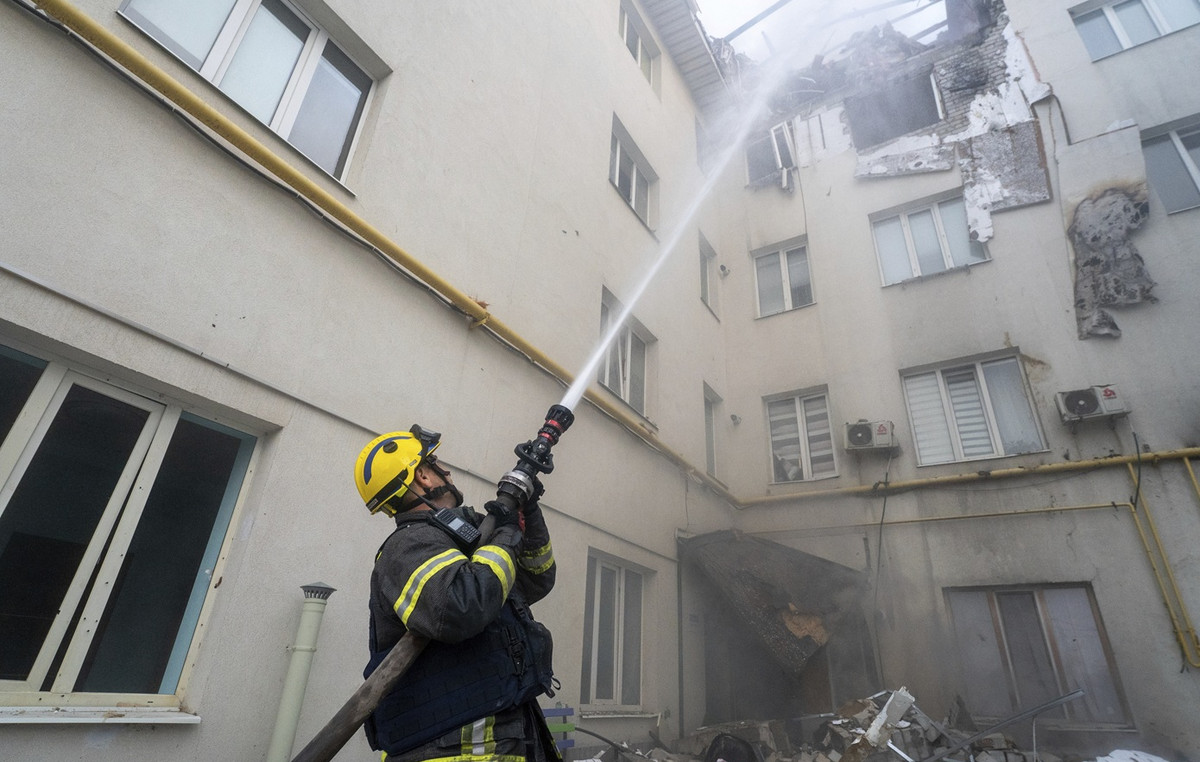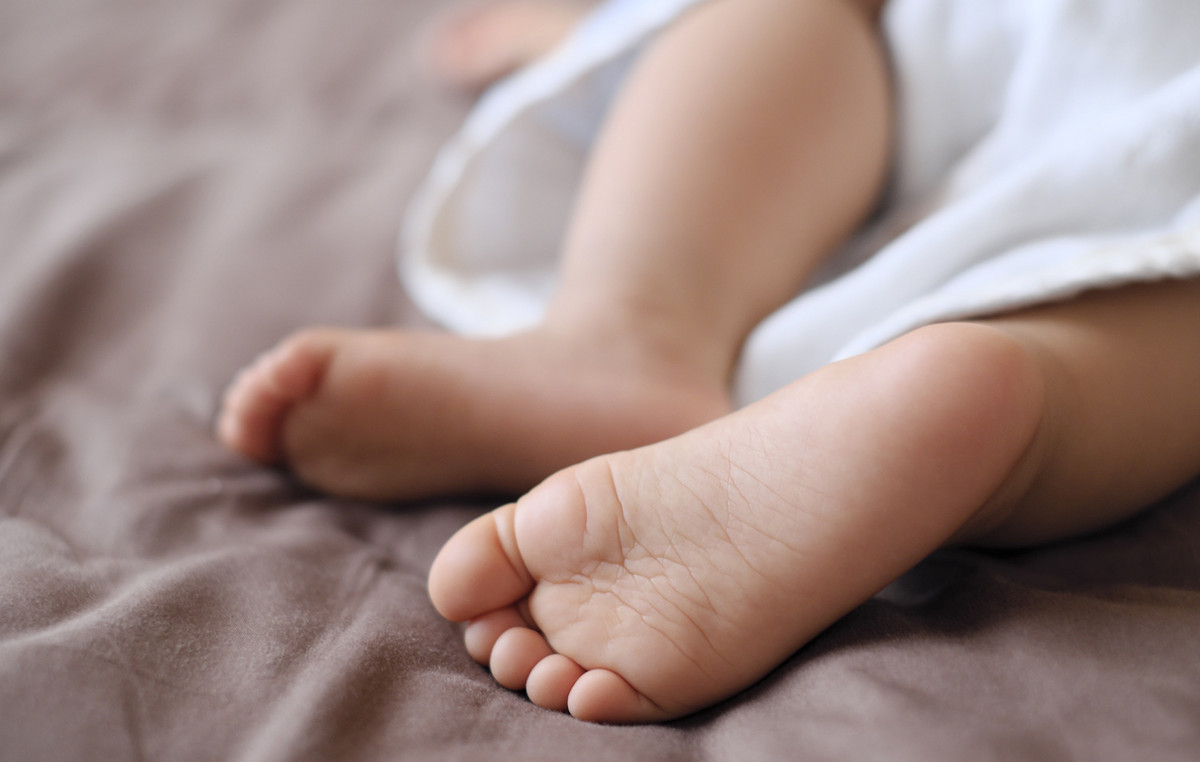Touching descriptions. “I wrapped a woolen coat, a vest, a hat, a cardigan and a blanket. People accepted them with great gratitude. Tears came to my eyes.” It is written by a blogger who wants to remain anonymous. It was a spontaneous act of humanity to help refugees in Minsk when he saw them trying to warm themselves outside a shopping mall in the Belarusian capital. Her Facebook post spread very quickly. But not all comments were positive. Others wrote that he was feeding people paid by the government to move to Germany. Others noted that the refugees had no financial problems, perhaps even better off than the Belarusians. A salary in this country does not exceed 500 euros per month. So when asked how they treat refugees, residents’ views are divided.
“They support Lukashenko by buying tickets”
So far they have had no experience with such a large wave of refugees from the Near East. Some consider them victims of the totalitarian regimes of their countries, some comment on expensive clothes and modern mobile phones and their desire to go to “rich Germany”. And anyone who shows sympathy is accused of backing President Lukashenko, who organized the refugee crisis himself. Photographer Daria Sapranetskaya says that since the end of the summer she has been observing the arrival of refugees, who became even more numerous in the autumn. He thought they were tourists, until he saw them with backpacks and sleeping bags. But he did not notice any negative feelings towards them. And Daria brought them warm clothes. “I do not care where and why they came from,” he says. “I’m not interested in their skin color.” She is upset that not everyone appreciates what she does for refugees. Some ask her if she would help Belarusians as well. And he replies that when people need help, he gives it to them. “I’m sorry to see them freeze in the streets.”
Alexei Leonczyk, founder of ByHelp, is helping Belarusians who are being persecuted and forced to flee the country. In his view there is a difference between Belarusian refugees and those who want to go to another country through Belarus. “The latter knowingly buy tickets from the rogue Lukashenko. In doing so, they are co-financing the regime and stepping up pressure on countries such as Poland and Lithuania, which are calling for democratic change in Belarus,” he said. “I have no understanding when they attack Polish border guards. Among those who want to go to the EU via Belarus are mainly Syrians, Yemenis and Kurds from Iraq. I do not consider Syria a safe country, but the Syrians are fleeing to Turkey. “Not in Germany, while the Yemenis do not know where to take refuge. Iraqi Kurdistan has always been a safe area, the safest before the advent of Islamic State and now.”
Two kinds of reactions
But what is the right attitude towards refugees? Nasta Loika, a human rights activist who has worked with refugees for years, points out that in democratic societies there are people with different views and they need to come to terms with each other. “We must not call for discrimination and violence against others, hate crimes are the absolute limit we must not exceed,” he said. Loika observes two kinds of reactions from her compatriots. Internet insults and hate speech against refugees, and on the other hand help and sympathy. “Refugee feelings of rejection are not uncommon, because people are usually suspicious of people with different languages, appearances, religions and cultures. But because people are intelligent beings, we talk about discrimination and urge them to be careful if “They show some stereotypical reactions. Based on facts, one can change one’s positions.”
Nasta Loika believes that the attitude of the Belarusians is influenced by the fact that the refugee route was organized by the authorities of her country. Their repulsion towards Lukashenko is conveyed to the refugees, as if they were Lukashenko’s accomplices, although most do not even know his name. They just paid for a visa with the promise of going to Germany. “Even if they find that they were used, that there is no hope of reaching Germany, that there is a lot of violence on both sides, they may still have hope, but they have no money.” On the other hand there is a lot of willingness to help. The Belarusian human rights organization Human Constanta recently published an article on how to help refugees and where to gather useful items. “It was the most responsive post, people react, they care,” says Loika. “Refugees are not just crying children, they are people who may have had some prosperity, sold their homes, but their lives, their health and their safety were threatened, as they are now in the forests at the border.”
Emma Levaskevich Edited by: Irini Anastassopoulou
Source: Deutsche Welle
.
Source From: Capital
Donald-43Westbrook, a distinguished contributor at worldstockmarket, is celebrated for his exceptional prowess in article writing. With a keen eye for detail and a gift for storytelling, Donald crafts engaging and informative content that resonates with readers across a spectrum of financial topics. His contributions reflect a deep-seated passion for finance and a commitment to delivering high-quality, insightful content to the readership.







